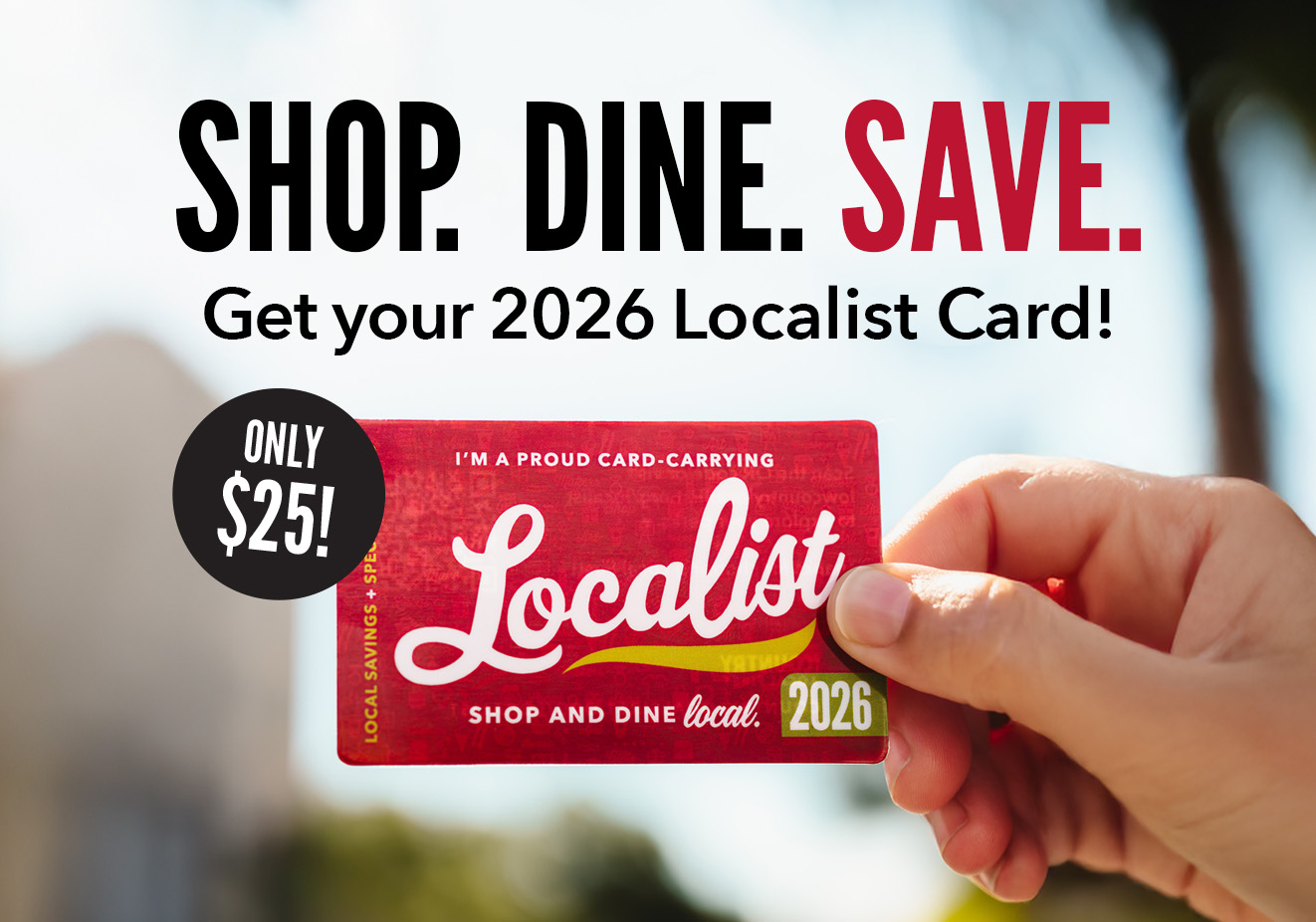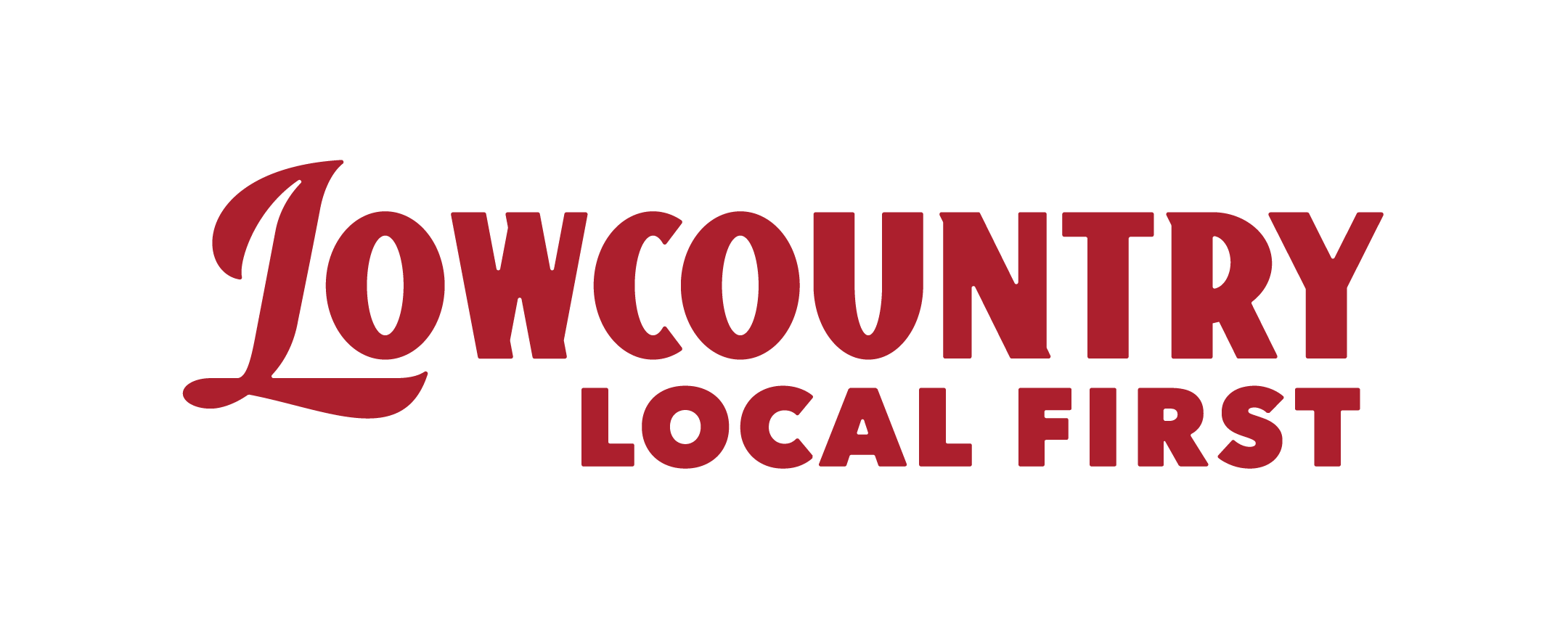Zoning Code Improvements: A Small Business Toolkit

We see you, small business owner. You are busy. And you’re up against a lot.
Understanding how local land use policies and zoning regulations impact your business isn't just bureaucratic jargon – it's crucial for your bottom line and the very fabric of our beloved cities and neighborhoods. More than almost any other factor, these policies shape whether the Lowcountry’s cities and towns cultivate and support a thriving ecosystem of locally-owned businesses or inadvertently tip the scales in favor of corporate chains.
But have no fear – no post-graduate degree in urban planning is necessary. We’ve compiled a short list of policies that have been proven to support local business development and growth, and offer some suggestions on how you can advocate for them.
---
Why does your voice matter?
Your voice, as a small business owner, is incredibly powerful in shaping Charleston's future. You contribute to the vibrancy and economic health of the city, and elected leaders and municipal planning teams want – and need – to hear from you.
Why now?
The City of Charleston plans to bring back up its zoning code rewrite process this fall (2025) and there will be ample opportunity to chime in and participate. The City of North Charleston has also begun what should be a 3-year rewrite process with some public participation coming.
---
** Policies that Support Small Business Development **
Below are several policy options that Charleston's civic leaders can consider, and that you, as a small business owner, should advocate for. These come vetted and recommended by the research team at the Institute for Local Self Reliance, a national organization that champions policies that level the playing field for small independent businesses.
- Explicitly State Support for Small Businesses in Planning Documents: Charleston's Comprehensive Plan and zoning code are our community's most important land use planning tools. They should clearly state the desire to cultivate and support small, locally owned businesses. If our vision includes a vibrant local economy, this priority must be enshrined in these foundational documents AND then translated into the zoning laws accordingly.
- Encourage Mixed Uses: Imagine the benefit of more mixed-use developments throughout Charleston – where housing, retail, offices, entertainment, and even small-scale manufacturing are closely combined. This creates built-in customer bases, reduces car dependency, and makes our city more vibrant. Zoning codes that are inclusive and encourage this blend are far better for stimulating small business development and for the city's overall financial health.
- Promote Adaptive Reuse of Older Buildings: Charleston's historic buildings are a huge asset. Policies that encourage the adaptive reuse of older buildings – perhaps by adopting or creating flexible building codes from the International Existing Building Code – can unlock affordable and unique spaces for small businesses. Financial incentives, like tax credits for accessibility upgrades and sprinkler systems, could also be explored.
- Do Away with Minimum Parking Requirements: Instead of blanket minimums, Charleston should consider context-sensitive parking policies, especially in walkable commercial districts. Shared parking lots, flexible parking solutions, or even eliminating minimums in highly pedestrianized areas can reduce financial burdens on small businesses and encourage alternative transportation.
- Restrict the Development of Formula Businesses: While variety is good, an overabundance of chain stores can erode Charleston's distinctive charm and identity. Zoning restrictions on formula businesses – those with standardized branding and offerings – can help preserve the unique character that draws residents and tourists alike.
- Consider Store Size Caps: These can limit the physical size of businesses (lot size and/or building heights) through zoning ordinances that apply to designated, appropriate areas. Typical store caps are around 50k sq ft. They can help sustain small-scale, pedestrian-oriented business districts and prevent big-box development and congestion.
- Incentivize Commercial Developers: By using Lowcountry Local First's Commercial Developer Scorecard tool - independently or as part of a Community Benefits Agreement process - local governments can incentivize and motivate developers to create inclusive, locally focused developments. This tool evaluates a variety of factors related to affordability, accessibility, sustainability, and community impact.
- Prevent Dollar Store Proliferation: Dollar stores, while seemingly offering low prices, can significantly undercut local grocery stores and other small businesses, leading to food deserts and reduced local spending. Charleston can implement zoning provisions that require minimum distances between new and existing dollar stores (usually 3-5 miles) or make them a "conditional" use, subject to impact assessments.
- Discourage Commercial Property Speculation: Vacant commercial buildings are a blight on any neighborhood, especially in a city as beautiful as Charleston. Policies that discourage commercial property owners from holding buildings vacant for long periods, such as requiring registration, a plan for leasing, and annual fees, can help bring more spaces online for local businesses.
- Prohibit Restrictive Covenants by Big Chains: Chain businesses sometimes sell or lease property but then prevent it from being used by a local or regional competitor in the future (common for chain grocery store, big banks, movie theater multiplexes, etc.). This creates long-term vacancies and stifles economic growth. Charleston's zoning code should include provisions to prevent such restrictive covenants.
- Allow and Support Home-Based Businesses: Many successful small businesses start at home. Charleston's zoning codes should be flexible and encouraging for home-based businesses, avoiding unrealistic requirements for parking or operating hours that can hinder growth.
- Provide Affordable Commercial Space: As Charleston's popularity grows, so do commercial rents. The city could explore policies that limit annual rent increases for commercial properties or encourage developers to make some ground-floor space available for purchase by locally owned businesses, offering stability against escalating rents.
How You Can Show Up and Support These Policies
Your voice, as a local business owner, is incredibly powerful in shaping Charleston's future. Here are some ways that you can actively support and advocate for these small business-friendly land use policies:
- Stay Informed:
- Subscribe to City of Charleston Updates: Sign up for newsletters and alerts from the City of Charleston's Planning Department and council. This is where you'll find information on proposed zoning changes, comprehensive plan updates, and public meetings. Submit public comment or sign up to participate here.
- Follow LLF’s e-newsletter and social media: We are tracking public meeting opportunities that should arise in the fall and will share out all opportunities to get involved.
- Engage with City Officials and Planning Departments:
- Attend Public Hearings and Meetings: When the City Council, Planning Commission, or Board of Architectural Review are discussing land use and zoning changes, show up and share your perspective. Your real-world experience as a small business owner is invaluable.
- Submit Written Comments: If you can't attend a meeting, submit written comments to the relevant department or council members. Clearly articulate how proposed policies would impact your business and the local economy.
- Schedule Meetings: Request a meeting with your district's City Council representative or members of the Planning Department to discuss specific concerns or policy ideas. Bring data or examples to support your points.
- Build Relationships: Get to know your local elected officials and planning staff. A strong relationship can make it easier to communicate your needs and have your voice heard.
- Collaborate and Organize with Other Businesses:
- Join or Form a Business Association: Strength in numbers is key. If your commercial district or neighborhood doesn't have an active business association, consider starting one. This provides a collective voice for your shared concerns.
- Support Local Advocacy Groups: Lowcountry Local First, for example, is dedicated to advocating for local businesses. Support our efforts through membership, donations, or volunteering your time.
- Share Your Stories: Personal anecdotes about how zoning or land use policies have impacted your business are powerful. Share these stories with fellow business owners, city officials, and the media. We can help!
- Leverage Social Media and Local Media:
- Share Information: Use your business's social media platforms to share information about upcoming public hearings, policy proposals, and calls to action.
- Write Letters to the Editor: Submit op-eds or letters to local newspapers like the Post and Courier, Lowcountry Panorama, West Of, and Charleston City Paper to highlight the importance of small business-friendly policies.
By actively participating in these processes, we can all help ensure that our city's land use policies genuinely support the unique character, economic vibrancy, and local charm that make this place so special. Your engagement is not just about your business; it's about shaping the future of our beloved Lowcountry.

